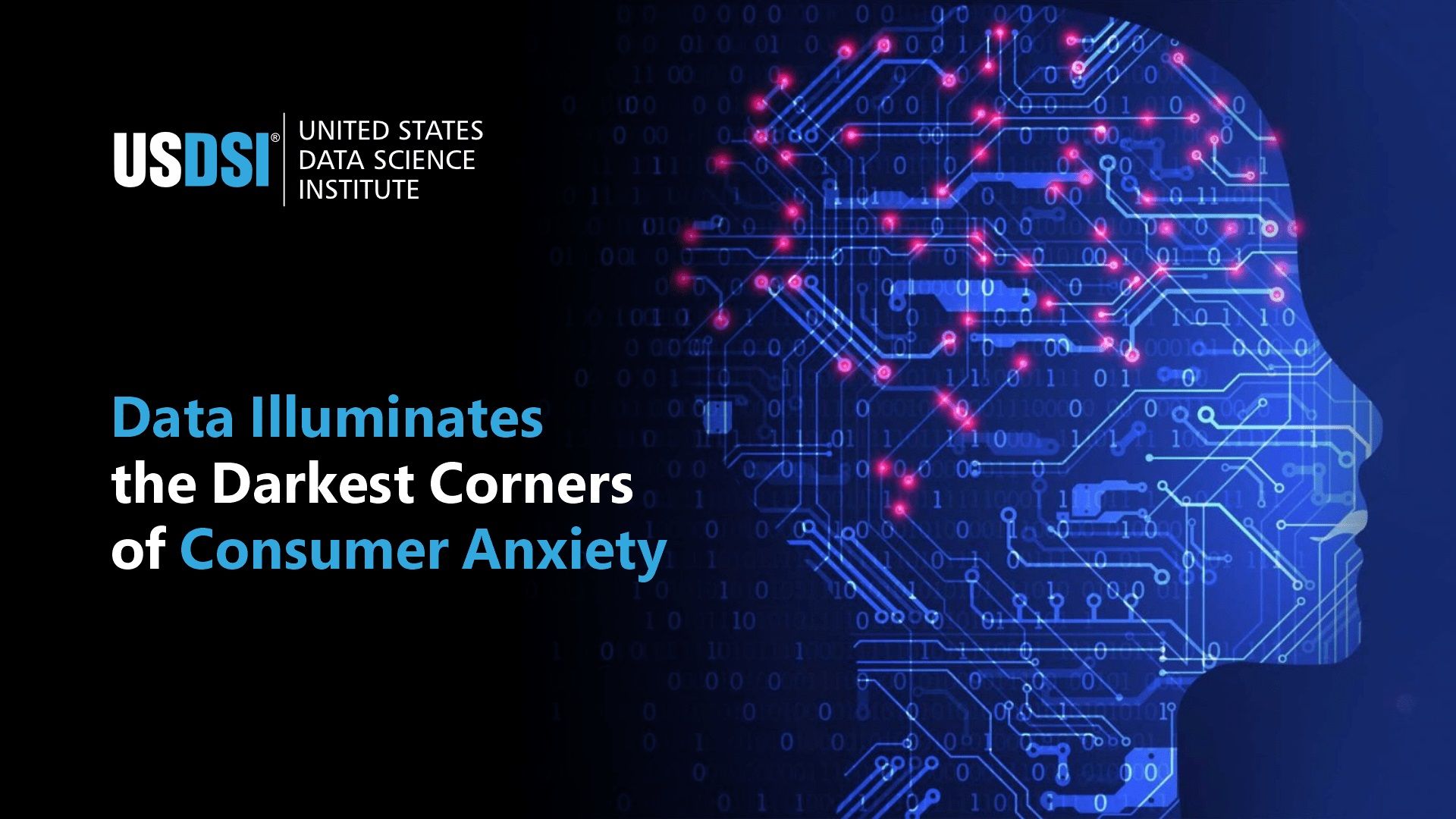
If you delve into consumer psychology, you come across a paradox of sorts. Fear, one of human’s most primordial emotions, can be tamed by the most rational of tools – data. In this age of instant gratification and digital shopping, consumer fear has become a formidable force to reckon with. But let’s start at the beginning:
Fear - The Original Marketing Tool
Be it missing out on the next season’s haute couture, or a rival gaining a competitive advantage, fear, to some degree, affects our buying decisions in subtle, subliminal ways. It is fear, in all its gut-churning glory, that has kept us alive (imagine us vs Neanderthals), and has been the impetus behind everything from the invention of the wheel (what can make me go faster?) to the creation of antiperspirants (What if she does not like my smell)!
From Life Insurance Ads featuring widows and orphans to toothpaste commercials warning of less than pearly whites if not heeded, there’s a kicker as we like to say: Consumer Fears are as fickle as a house of cards in an earthquake.
Exit Fear, Enter Data
Let us travel a few years ago. A marketing department had to rely entirely on focus groups, surveys, and the occasional accurate dart throw (we made that up!). The process was flawed, time-consuming, and as reliable as a kitten crossing the expressway for the first time.
But then, our knight in shining armor, or rather, a nerd with a hoodie, with a strange name called data analytics strides into the scene. Almost overnight, brands had access to a treasure trove of information about their consumer’s deepest, darkest fears, all neatly packed in spreadsheets and pie charts.
Digging Deeper - The Anatomy of Consumer Anxiety
Why are consumers afraid? And of what? When a brand has the data and the analytical intelligence to answer these you know they have won. At its core - consumer fear is the apprehension that a product, service, or brand may not live up to expectations—or worse, may actively cause harm. These may be, but are not limited to:
For brands, each of these can be a powerful deterrent, causing them to abandon shopping carts, hesitate to purchase, or even criticize a brand on social media. The creation of all these phenomena together, combined with the power of data science, has given birth to a new breed of marketing professionals – the data whisperers. These intrepid souls spend their workdays deep in the murky waters of consumer psychology data, emerging with insights that would make Mr. Freud sit up and take notice. They are a motley bunch, of statisticians, psychologists, and fortune tellers, all rolled into one highly caffeinated team.
The Final Duel – Data vs Fear
Analysis of consumer behavior, market trends, social media trends, and other metrics, brands are now able to pinpoint the fear of buying in their customers and develop strategies to alleviate them. Data Analytics, of course, becomes the trusted sidekick, showing the path forward:
Fear Triggers – Data helps brands identify exact fear triggers that spark fear in their customers' audience, from economic uncertainty to health concerns
Customer Segmentation – Customer Segmentation using data helps brands understand what messaging to tailor and products to address specific anxieties.
Measuring the impact – Data quantifies the effect on purchase decisions, allowing brands to prioritize fear-mitigating strategies in their marketing campaigns.
The Importance of Empathy
Data can also help brands understand the nuances of customer fear, allowing them to craft their brand positioning that resonates with their customers at a deeper level. A car manufacturer, for example, might use insights from data analytics to create a campaign that acknowledges parents' fears about their teenagers driving, while highlighting safety features designed specifically to address those concerns. It's not just about selling a car; it's about selling peace of mind to the parents. The actual customers. Emotional Intelligence, once the exclusive domain of human psychology, is now within the realm of data-driven marketing, which we covered in another blog.
The Fear-Data Feedback Loop –The difference between consumer fear and data and how one affects the other continuously occurs basically in the form of a loop explained below:
Data Collection – Brands gather insights on consumer fear
Fear Mitigation – Brands develop strategies to address these fears
Consumer Response – Consumers react positively to fear-addressing efforts
Data Analysis – Consumer Response is then analyzed, and messaging is refined based on the results
New Fears - Consumers have a new fear that the brand needs to again collect data on.
This is a typical loop that repeats itself in data-driven marketing and consumer fears.
Data Science Certifications- The Panacea to Mastering Consumer Fears
Data science has revolutionized the way brands understand and navigate consumer fears. From social sentiment to biometric data, the tools at our disposal are more powerful than ever before, but with great power comes... You know the rest.
However, here it is urgent with a capital U, the need for data science certifications remains the elephant in the room. The need for professional certifications. Data Science Certifications are in massive demand and only growing not only in technology companies; but across sectors. The need of the hour is a standardized way to ensure that the people crunching the numbers and building the models have a solid foundation in both the technical skills and ethical considerations of this discipline. We need data scientists who not only know how to wrangle a neural network but also the potential societal impact of their work.
This website uses cookies to enhance website functionalities and improve your online experience. By clicking Accept or continue browsing this website, you agree to our use of cookies as outlined in our privacy policy.